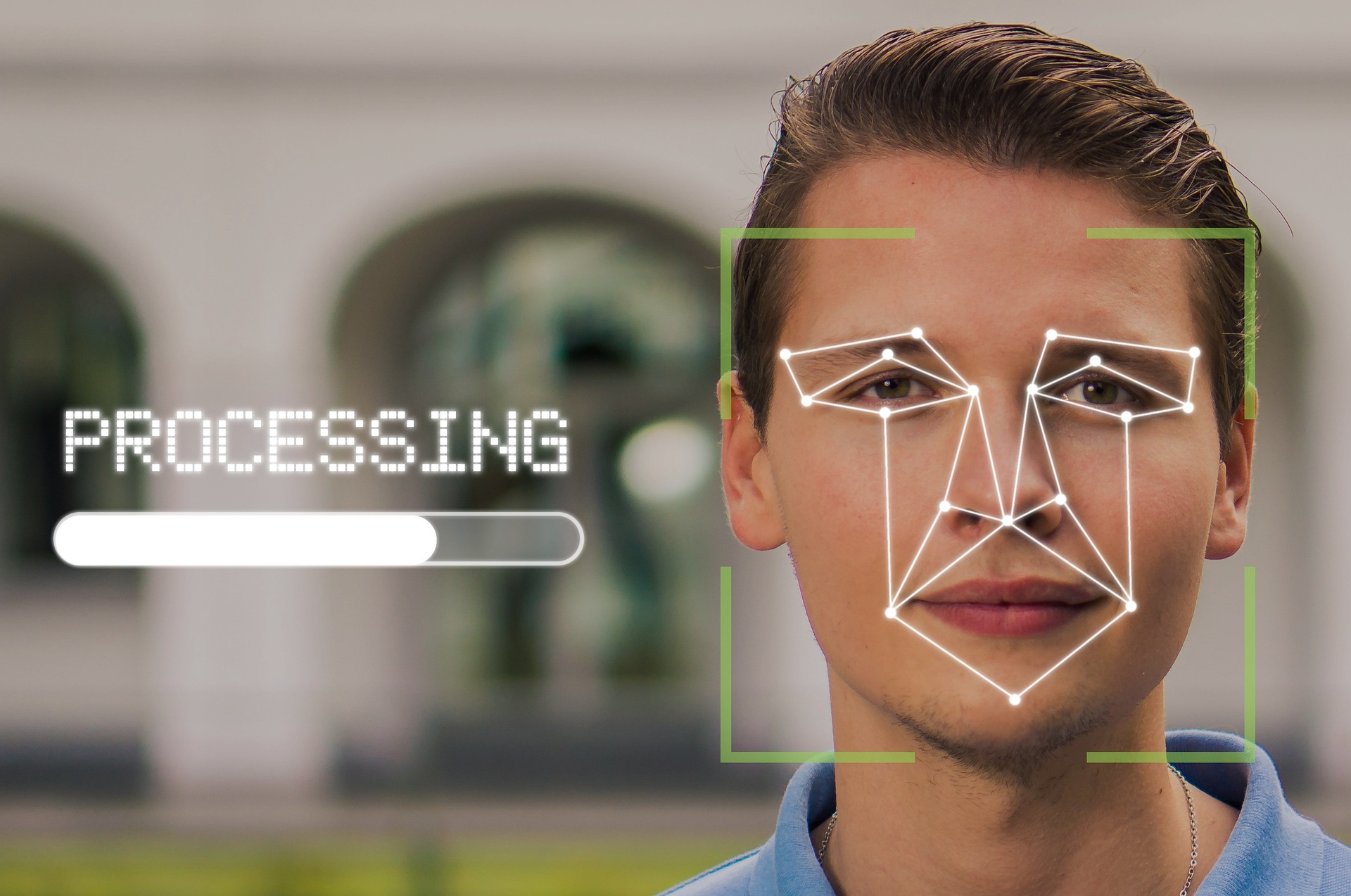Legal Ramifications of Artificial Intelligence: A New Age of Legislation
In an era where technology is advancing at a breakneck pace, the legal and legislative implications of artificial intelligence (AI) are becoming more significant. This article will explore the impact of AI on law and government, delving into its historical context, the latest legal developments, and the future of AI regulation.
Historical Context of AI Legislation
Artificial intelligence, once a concept confined to science fiction, has now permeated every aspect of our lives, from healthcare to transportation, and finance to entertainment. The first recognition of AI’s potential impact on society and the need for regulation can be traced back to the 1960s. However, given the pace of technological advancements, the specific legal and regulatory framework for AI has been relatively slow to develop.
Recent Legal Developments in AI
In recent years, government bodies worldwide have begun drafting laws and regulations to manage the burgeoning AI industry. For example, the European Union has been at the forefront of this movement, releasing its first draft of AI regulatory framework in 2021. This comprehensive legislation proposes strict rules on AI systems deemed high-risk, such as biometric identification and critical infrastructures.
The Current State of AI Legislation in the US
Within the United States, AI legislation remains fragmented, with no federal law directly governing it. However, several states have enacted or proposed laws addressing specific AI applications, like autonomous vehicles and facial recognition technology.
Implications and Impact of AI Legislation
The legal implications of AI are enormous. From issues of data privacy and security to concerns about employment and economic disparities, AI presents a host of challenges. The potential for AI to perpetrate or exacerbate bias and discrimination, particularly in high-stakes domains like criminal justice and healthcare, underscores the need for careful regulation.
The Future of AI Legislation
As AI continues to evolve, so too must the laws that govern it. Policymakers must strive to create flexible, adaptable legislation that can keep pace with technological advancements. Furthermore, there must be a global conversation about AI ethics and regulation, as the implications of AI technology are not confined to national borders.
In conclusion, the legal and legislative ramifications of AI present a complex and ever-evolving challenge. As this technology continues to advance and permeate every aspect of our lives, it is crucial for governments worldwide to understand and appropriately regulate its use to protect citizens and society at large. The future of AI legislation is uncertain, but what is clear is its growing importance in our increasingly digital world.





